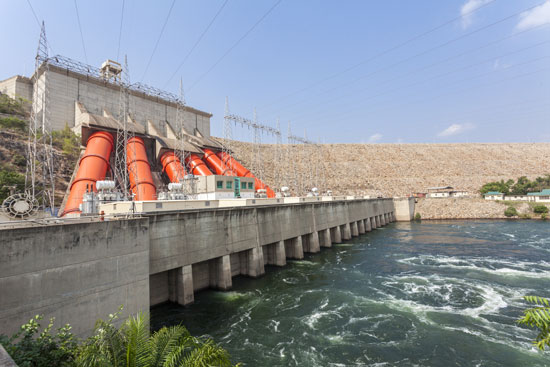The Minister for Special Development Initiatives, Mavis Hawa Koomson says the one village one dam initiative by the NPP does not mean the government will construct Bui or Akososmbo dam.
According to her, proper dams cost at least $3 million to construct and not the GH¢250,000 that has been devoted by her outfit for the construction of One Village One Dam.
She also said the amount devoted to a project currently being implemented in the northern part of the country is the money worth of what they have been given.
The comments of the sector minister come at the back of concerns raised by residents of some areas in the north where the dams are constructed that what they were promised appears to be different from what is currently being implemented.
Speaking to journalists in Parliament she stated that : “We [NPP] said one village, one dam. We didn’t say…one village, one Bui dam or Akosombo dam…Look at the cost, 250,000 Ghana cedis if you are constructing a meaningful dam you don’t need anything less than 3 million dollars; 3 million dollars oo, not Ghana cedis.â€Â
Meanwhile, the former Pro-Vice-Chancellor of the University for Development Studies (UDS), Professor David Millar recently described as a failure government's One-Village One-Dam initiative.
“Some of them are misplaced. You don’t go giving a village that has a dam another dam and go to a village that has a whole river that doesn’t dry and give them a dam†he said.
One village, one dam initiative
The construction of small dams and dugouts across communities of the three Northern Regions is the main project under the One Village, One Dam initiative.
This IPEP initiative seeks to provide all-year availability of water for small holder farmers in communities, particularly in the three northern regions. This initiative is expected to improve productivity and incomes of small holder farmers significantly and, bring about improvements in rural livelihoods.
Ultimately, it is also expected to improve food security and curtail migration from the north to the south in search of jobs during the off-farm season.
READ ALSO :Â
Â





